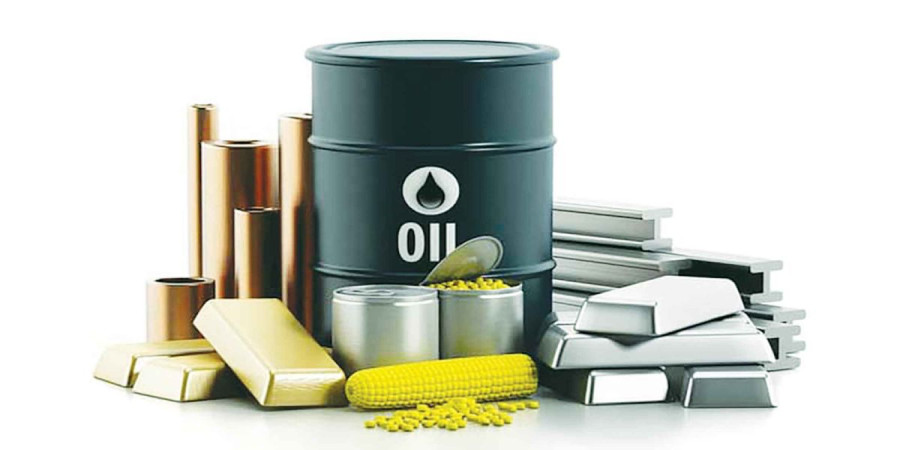
ছবি: Photo: Collected
The global commodity market is predicted to face significant instability in 2025, according to a forecast by Reuters. The report suggests that the implementation of economic policies announced by former U.S. President Donald Trump could disrupt global trade flows and impact market dynamics. During his election campaign, Trump emphasized imposing higher tariffs on imported goods, particularly from countries like China, which may lead to uncertainties in the commodity market. Furthermore, doubts linger over the economic growth of China, the world’s second-largest economy, adding to the market's unpredictability.
In a report published on Monday, Reuters analyzed various data points to outline the challenges ahead. Industry insiders revealed that increased tariffs on imports could disrupt global trade. However, large trade partners and corporations often resort to discounts to maintain sales volumes in such scenarios. Historically, the U.S. has maintained economic leadership during such periods, which could support global economic growth. This scenario may ease inflation and facilitate monetary policy formulation.
China, on its part, is taking proactive measures to stabilize its economy. The government has announced significant stimulus packages to boost economic activities in the new year. If these measures prove effective, they could provide a much-needed boost to China’s economic growth and potentially influence the global commodity market. However, crude oil prices may continue to decline due to increased supply from the United States.
Another major promise by Trump is to end the Russia-Ukraine war. If successful, this could stabilize global economic growth and benefit markets for commodities like copper. However, increased supply from Russia might pressure the markets for crude oil and natural gas.
There is also a possibility of adverse scenarios. If the Trump administration withdraws from the Paris Climate Agreement or NATO, as pledged, it could disrupt trade flows and increase global inflation. Many countries might respond by tightening their monetary policies, potentially leading to further declines in the prices of commodities like copper and iron ore. Additionally, the demand for oil and LNG could also be negatively affected.
Analysts observed that government stimulus measures have somewhat eased China’s economic challenges in the latter part of the current year. Construction activities have picked up, and if this trend continues into 2025, consumer spending could increase. Successfully adapting to Trump’s policies while maintaining good relations with Europe and countries in the Global South could boost demand for commodities such as copper, iron ore, and LNG in China. However, the growing adoption of electric vehicles might reduce demand for crude oil.
Meanwhile, OPEC Plus (a coalition of OPEC and allied countries) has managed to curb price declines by reducing oil production. Over the past two years, global oil prices have remained around $75 per barrel. However, weaker demand and increased production in other countries might strain the coalition’s unity, potentially leading to higher oil production and lower prices globally.
Market analysts further suggest that China’s focus on energy transition to counter trade disputes with the U.S. could drive demand for metals like copper, lithium, and silver in 2025. While opportunities remain, uncertainties surrounding global trade policies and economic growth indicate that the commodity market is likely to remain volatile.
repoter






